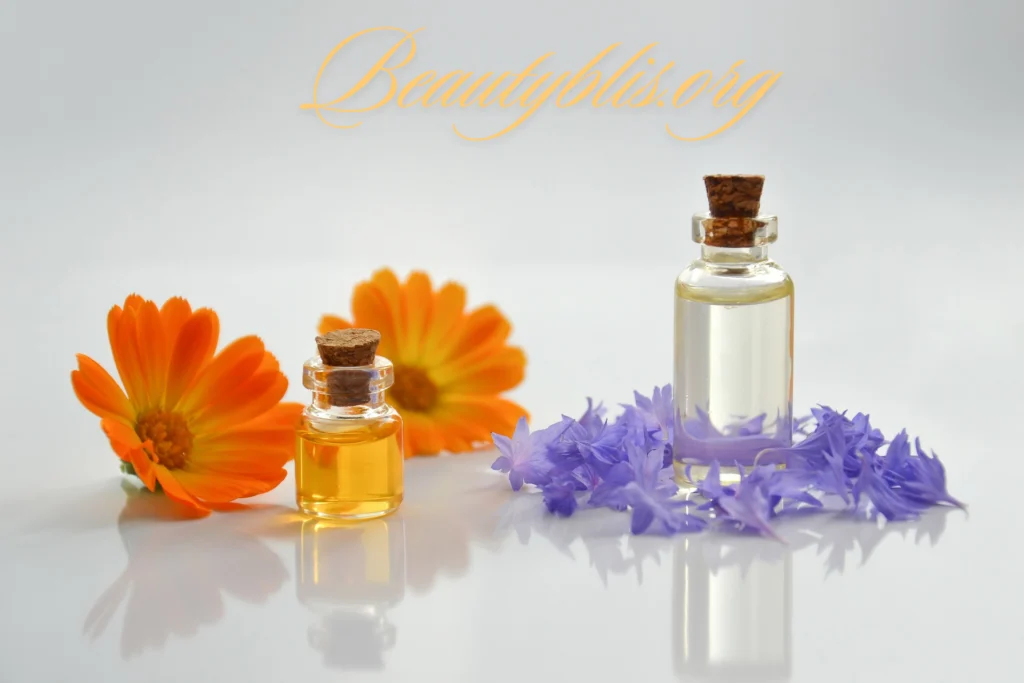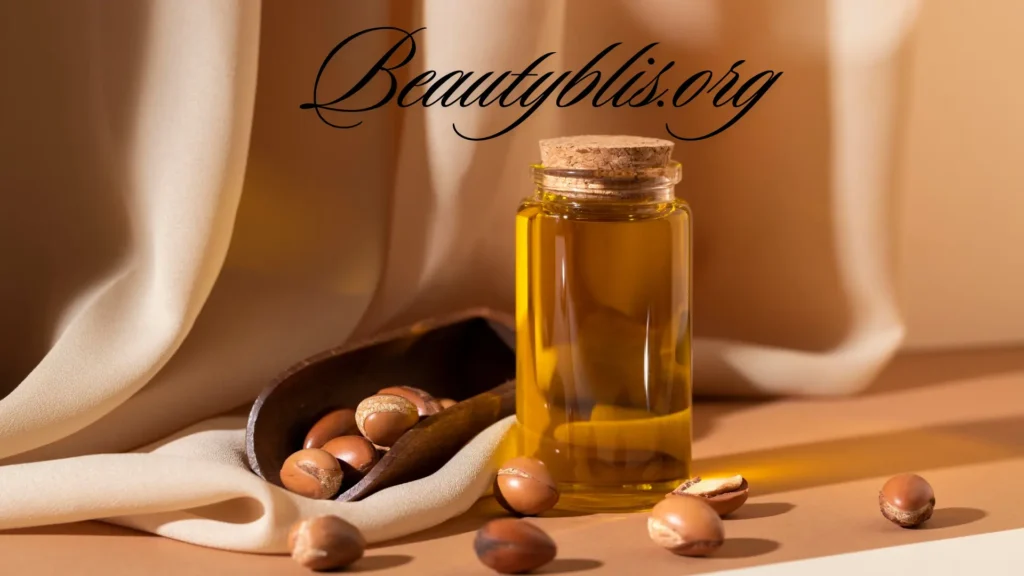Argan oil has long been celebrated for its remarkable benefits for skin and hair, but many people with oily skin are hesitant to incorporate it into their beauty routines. The common misconception is that argan oil, being an oil-based product, will only exacerbate the issue of oily skin. However, the reality is quite the opposite. In this article, we’ll explore the science behind argan oil’s effects on oily skin and provide practical tips on how to harness its benefits for a healthier, more radiant complexion.
The Science Behind Argan Oil and Oily Skin
Contrary to popular belief, argan oil can actually be an excellent choice for those with oily skin. Here’s why:
Balancing Oil Production
Argan oil contains linoleic acid, a fatty acid that can help regulate the skin’s natural oil production. By providing the skin with the necessary moisture, argan oil can signal the sebaceous glands to produce less excess oil, effectively reducing the appearance of shine and greasiness.
Antioxidant Properties
Argan oil is rich in antioxidants, such as vitamin E, which can help protect the skin from environmental stressors and free radical damage. This can be particularly beneficial for oily skin, which is more prone to inflammation and breakouts.

Non-Comedogenic Properties
Argan oil is considered a non-comedogenic oil, meaning it won’t clog pores or contribute to the formation of blackheads and acne. This makes it an ideal choice for those with oily, blemish-prone skin.
How to Incorporate Argan Oil into Your Oily Skin Routine
To reap the benefits of argan oil for oily skin, follow these simple steps:
Cleansing
Start by cleansing your face with a gentle, non-drying cleanser to remove excess oil and impurities. Avoid harsh, foaming cleansers that can strip the skin of its natural oils.
Toning
After cleansing, use a toner formulated for oily skin to help balance the skin’s pH and prepare it for the next step.
Applying Argan Oil
Gently massage a few drops of argan oil into your skin, focusing on areas that tend to be the oiliest. Avoid applying too much, as a little goes a long way.
Moisturizing
Follow up with a lightweight, oil-free moisturizer to provide additional hydration without clogging pores.

Protecting with SPF
Don’t forget to apply a broad-spectrum sunscreen to protect your skin from harmful UV rays, which can contribute to excess oil production.
Conclusion
Contrary to popular belief, argan oil can be an excellent choice for those with oily skin. Its ability to regulate oil production, provide antioxidant protection, and maintain a non-comedogenic profile make it a valuable addition to any oily skin care routine. By incorporating argan oil into your regimen, you can enjoy a healthier, more balanced complexion without the unwanted shine and greasiness.
Meta Description: Discover why argan oil can be a game-changer for oily skin. Learn how to incorporate this nourishing oil into your skincare routine for a healthier, more radiant complexion.
External Links
- National Center for Biotechnology Information: Argan Oil Benefits
- American Academy of Dermatology: Oily Skin Care Tips
Internal Links
